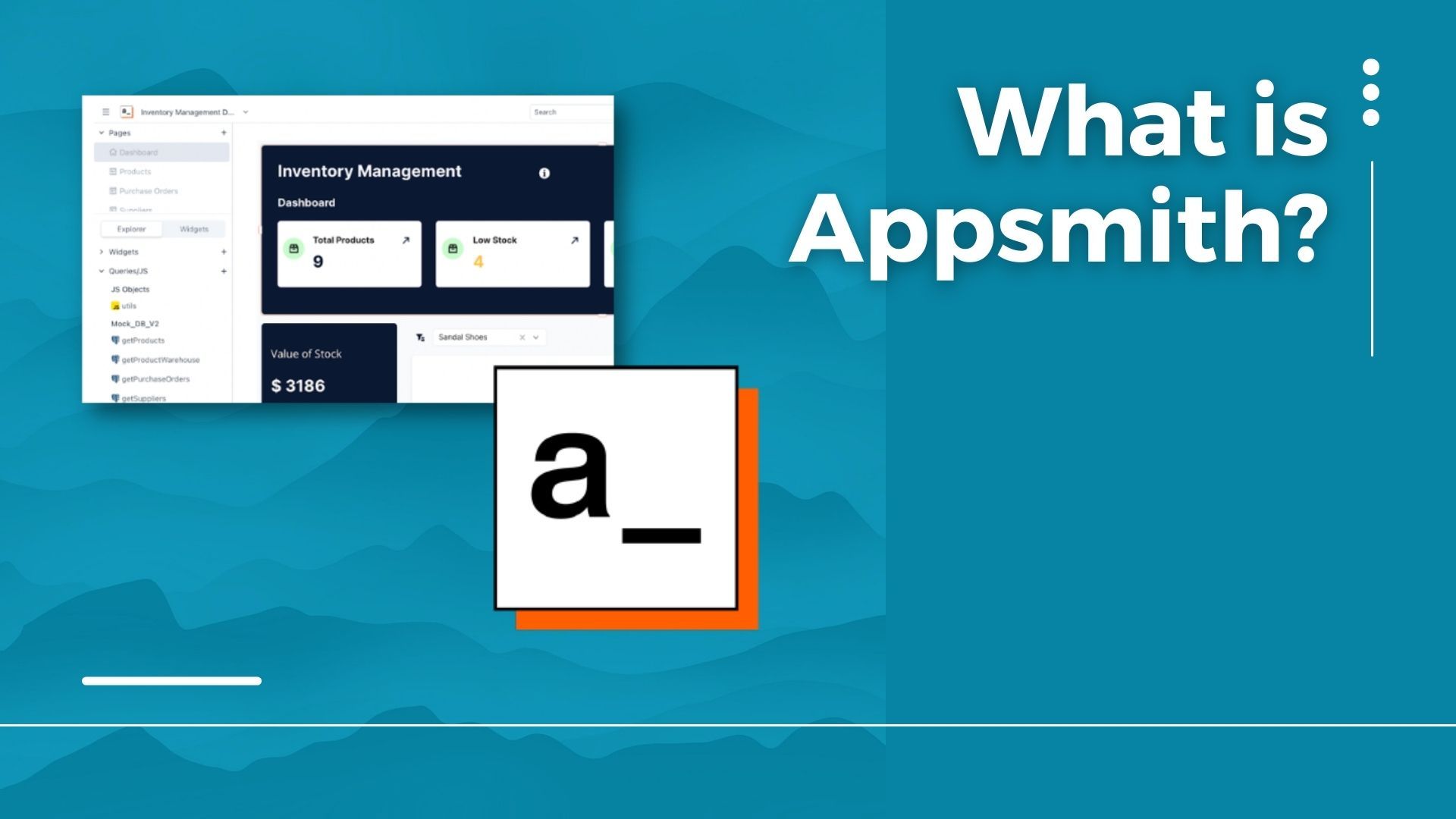Somewhere tucked within a brief blog post sharing the cheerful news of its recent acquisition, the CEO of Airplane.dev announced it was sunsetting its development platform, giving its pre-existing customers a mere 2 months (until March 1st) to eject the platform and rebuild their apps elsewhere. For those customers, it’s going to be a scramble.
The subsequent Hacker News thread has sparked fierce debate between various devs and Airplane competitors looking to jump in on the discussion/plug their products. Most notably, the focus revolved around rejecting proprietary platforms in favor of open-source, DIY models.
Convincing developers to sign up for a proprietary SaaS product is certainly one of the biggest challenges that such developer-focused platforms like Airplane.dev and its competitors face, with most engineers wary of any platform that won’t let them port their code. Nevertheless, it’s also a key issue for engineers to solve, to find platforms that will help them work faster and more effectively, without becoming trapped by a declining product they cannot control.
So to separate the signal from the self-plugging and noise amongst competitors, what alternative platforms do existing Airplane.dev customers have for their current apps, and should they be trusted? In this article, we’ll discuss the 3 main alternatives we'd recommend and suggest a selection of others.
Airplane.dev’s short-haul appearance: what went wrong?
Airplane.dev was founded in 2020 as a ‘developer-centric’ alternative for building internal tools faster, alleging to be more technical than pre-existing competitors like Retool or Superblocks.
They launched their product publicly in July 2021, initially with a scripting-focused platform. There, users could deploy a script with specified parameters, permissions, audit logging, validation, and more. They then extended this with ‘Runbooks’ to add multi-step and long-running workflows with chained scripts and queries.
In a blog post back in February 2023, the founder claimed they had several years of runway, even claiming:
At Airplane, we have several years of runway, so we're willing to pay upfront for tools that we're already certain we're going to keep for many years to come if it gets us a discount that significantly outpaces the yield we'd get on that idle cash.
Awkward!
In 2023, Airplane landed a further $32M in Series B funding, reaching a total of $40.5million in cash raised for the platform since its conception. With this they launched Airplane ‘Views’, a React-based platform allowing users to build GUIs for their applications. Even up until November 2023, Airplane held a launch week, releasing even more new features, suggesting this was an unexpected turnaround for the company.
Most are suggesting this as more of an acquihire, and Airplane’s former team will be involved in a greater build-out of Airtable’s app-building options. Unfortunately, without much more detail on their sale, we can only assume that the company was most likely caught up in the same downward tech trend that has caused many companies to lay off large swathes of employees, if not shut down themselves.
In the fourth quarter of 2023, we also saw close competitor Internal.io close their doors and quickly upend their customers too.
Airplane.dev alternatives: where next?
Of course, many pre-existing customers are looking for a quick fix for their migration, and with any luck, Airplane.dev will support their safe evacuation... as it were. We’re awaiting further details, but we hope that the platform will reach out to former customers to aid them in moving their setups elsewhere. Now companies just need to decide if and where to rebuild.
As a developer agency specialized in building internal tools on developer platforms, we closely monitor the key players in the arena of business software development. To that end, we’ve already written in detail about some of its closest alternatives, which are linked below. We’ll summarize some more details about these companies to consider for your next app, and contribute some more.
You’re also bound to be wondering whether migrating to a competitor could put you in a similar position further down the line. For that reason, we’ve focused our summaries on some of the details, such as funding, security, and longevity, that might help you choose a different platform that’s truly in it for the long haul. Let’s end the puns there and jump into some alternative options!
Retool
Retool is typically our top suggested platform at Bold Tech, for its maturity as a product as well as the customizability it offers. For us, building with Retool is the closest option (in terms of customizability) to coding from scratch the traditional way, and therefore toes closest to the line of ‘developer-focused building’. You can use JavaScript pretty much anywhere, and connect to almost any resource, either natively or via API, while still using pre-configured drag-and-drop components to speed up development time.

For Airplane.dev customers that were predominantly using the scripts functionality for workflows and automations, Retool has a built-in workflows option for deploying similar processes.
We have written about Retool extensively across our blog, but if you are new to the platform you can start at the beginning with our What is Retool post.
Trustability factors:
Retool was founded in 2017 and was one of the first in the developer-tool-for-internal-apps space. Their last C2 funding round raised $45mil at a valuation of $3.2bil, and was led by Sequoia. During this time, their team has expanded to several hundred staff members. They now have HQs in San Francisco, New York and London.
Enterprise companies like Ramp, Stripe, Bilt, and more use Retool apps, even for mission-critical apps.
Nevertheless, the company is a proprietary platform and does not offer an open-source option that would allow customers to quickly port their code elsewhere. Downtime on cloud is very rare, but not unheard of, so companies should be aware of this when deciding which apps to build. For this reason, we would always recommend moving to an on-prem license as soon as possible, as cloud customers are more vulnerable to downtime and data security is out of the customer’s control. Though Retool is a closed-source platform, we think that its advanced functionality and large feature set compensate.
Overall, Retool is our most trusted company on this list. In 2023, Retool was also evaluated and recommended by Gartner for their enterprise clients in the Low Code Magic Quadrant report.
Appsmith
For those using Airplane.dev for business software, Appsmith is an internal tool IDE. Positioned as a competitor to platforms like Retool and Outsystems, Appsmith distinguishes itself in the market by providing an open-source alternative.
Compared to Retool, Appsmith generally has a much smaller feature set and does not yet offer a workflow option for automations, CRON jobs, or ETL tasks (though this appears to be in beta now). It's important to note that for now, Appsmith focuses solely on web app development, lacking the broader range of offerings found in some competitors, such as mobile-first applications, automation, and portals. Nevertheless, it is priced competitively and may be a cheaper option for some companies.

Appsmith markets itself as open-source, allowing developers to access and customize the application source code collaboratively. It’s important to note that ‘open-source’ can exist in different ways, and that the exact nature of how open-source Appsmith is needs to be fully investigated if portability is a key aspect of your buildout. Open-source does not necessarily mean you can export your code for use elsewhere, though it does give you the option to manipulate and extend the source code. Make sure to speak to their team before choosing the platform for portability alone.
Trustability factors:
Established in 2019, Appsmith is headquartered in Bangalore, India, and operates with a team of around 100 employees. At Series B, Appsmith secured $41 million in funding in June 2022, bringing the total raised to around $51 million. In September 2023, Appsmith laid off around a quarter of its workforce, claiming a slowing down in revenue growth and the need to extend runway.
Appsmith also boasts large enterprise customers like GSK, Dropbox and AWS. Against Retool, though a great product, Appsmith is less mature, with a higher risk in terms of its company maturity/funding too. Nevertheless, it does not yet offer the full functionality that Airplane.dev had, such as the automation and scripting capabilities, so may not be the best option for Airplane users who need this most.
Appsmith does offer an on-prem/self-hosted option, which we would recommend for security purposes over their cloud option.
Superblocks
Superblocks is a close competitor with both Retool and Appsmith, marketing themselves as a low-code option for developers. Their IDE is built on top of popular frameworks such as React and Vue, and it allows developers to easily create complex web applications by dragging and dropping pre-built blocks onto a canvas. These blocks can be used to create user interfaces, forms, data visualizations, and more.
In terms of functionality, Superblocks is still reasonably limited in their app IDE, with more limited component properties and event handler options compared to their competitors.
Nevertheless, alongside their GUI builder, they have options for building complex automations and streaming data. Their automation builder is one of the most intuitive options for developers our of their competitors, so Superblocks could be a good option for those who used Airplane.dev predominantly as a space to host their scripts and automations.
Trustability factors:
Established in late 2021, Superblocks secured $37mil in funding in 2022 for their Series A. They have around 40+ employees. Customers advertised on their website include Payhawk, Alchemy and Vial.
Their components were originally built on top of Appsmith’s code (we don’t know if this is still the case), but are not themselves open-source, which could cause concerns of vendor lock-in.
Superblocks also offers an on-prem solution, but this is a hybrid option, where a significant amount of metadata remains in their cloud, such as API credentials and authentication information. This model could be seen as an advantage for those looking to reduce the complexity of their on-prem setup.
Other options:
Windmill.dev:
- Windmill.dev is a fully open-source option that looks like it closely resembles Airplane.dev in many ways, particularly by its targeting of developers and focus on programming.
- It was established in 2022 and launched in early 2023. This means the platform is still in it's nascent stages and we can't confidently say how long it will stick around.
- They do offer docs specifically on how to migrate from Airplane. Their scripting option looks like it could be most suitable for those looking to move their scripts from Airplane.
Budibase:
- Budibase is an open-source, low-code building platform focused predominantly on enabling business users who can’t code to build their own internal web apps. Budibase provides an application canvas, hosted database functionality, and a workflow automation suite as their main product set.

OutSystems:
- OutSystems is a low-code app-building software with a proprietary, visual app builder. It supports interface buildouts for both internal and external use cases.
- OutSystems offers the ability to create automations and scripts through their builder, using their visual interface.
If you are looking for more advice or need help with your migration from Airplane.dev to another platform, don't hesitate to get in touch. You can also read about how we migrated 50 apps in 50 days from Chartio to Retool - we are no strangers to migrations on a tight deadline!







